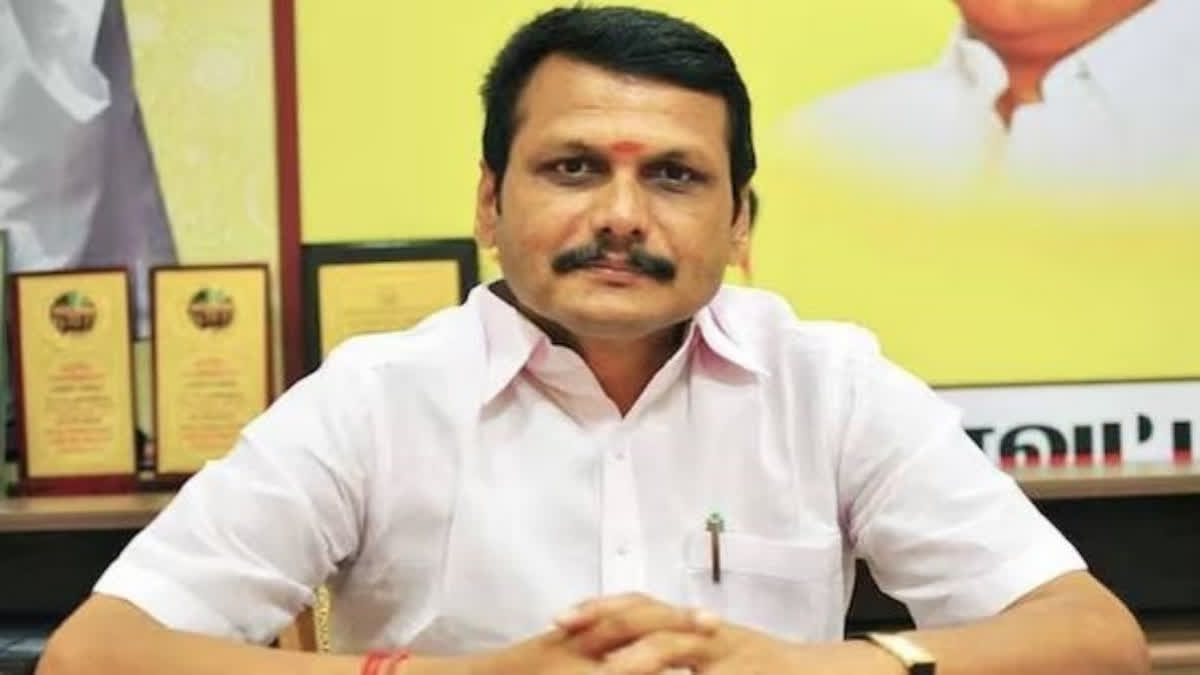New Delhi: The Supreme Court on Friday declined to entertain a plea against the Madras High Court order, refusing to consider a petition against the continuance of V Senthil Balaji as a minister in the Tamil Nadu government, despite his arrest. ED had arrested Balaji in an alleged job-for-cash scam.
A bench comprising justices Abhay S. Oka and Ujjal Bhuyan said the court concurs with the view taken by the high court. “No interference is called for…”, said the bench, and orally observed that the governor cannot dismiss a minister without the recommendation of the chief minister.
The petition filed before the apex court, by M L Ravi, said the governor issued a letter on June 29, 2023, dismissal of Minister Balaji with immediate effect, as of powers conferred under Articles 154, 163 and 164 of the Constitution of India, and on the same day in the late hours issued another letter to keep the already issued order in abeyance, citing that the Ministry of Home Affairs advised to seek opinion from advocate general. “This is arbitrary, ultra vires and against the Constitution, where he cannot take back his order as he is functus Officio”, said the plea.
The plea further submitted that the constitutional function of the council of ministers headed by the chief minister is to aid and advise the governor in the exercise of his functions, however, if there is a constitutional breach or deviant behaviour of those in public office, the governor can act in his own discretion. The petitioner asked the court to direct that the withdrawal of the governor's letter of June 29, 2023, withholding the pleasure due to moral turpitude in Balaji's case, should be kept in abeyance till disposal of the matter.
On September 5, the high court had declined to issue any direction on a batch of petitions questioning continuance of Balaji as a Minister without portfolio in Tamil Nadu Cabinet even after his arrest on June 14 by the Enforcement Directorate.
The plea contended that neither the Constitution nor the Representation of People Act of 1951 disqualifies a person to be a Member of the State Legislative Assembly after he is under custody or is undergoing trial after framing of the charges. “It is the contention of the petitioners that if the Minister is under custody, then in that case he has disabled himself from performing any work”, said the plea.
It further added that the minister enjoys the perks and allowances at the cost of the public exchequer and a person in custody cannot perform any work nor files can be sent to him and as such, though he is disabled from functioning as a minister, he is burdening the public exchequer, nor he can transact any business and as such, the person cannot continue as a minister.
The plea submitted that the high court erred in noticing that the June 29, 2023 letter issued by the governor in dismissal of the minister under Article 154, 163 and 164 of the Constitution with immediate effect and after-hours issue another to keep the dismissal order in abeyance.
Read More



